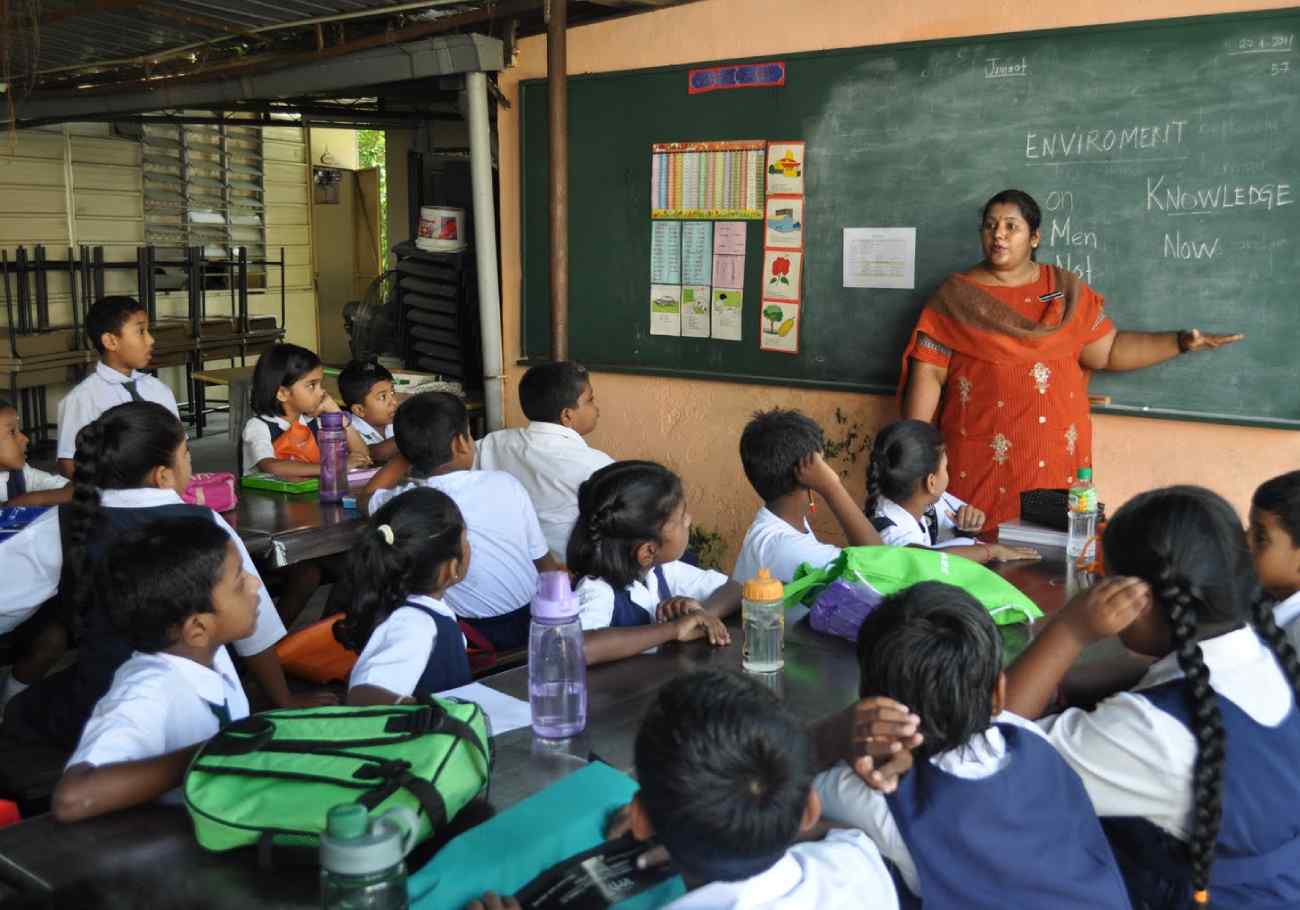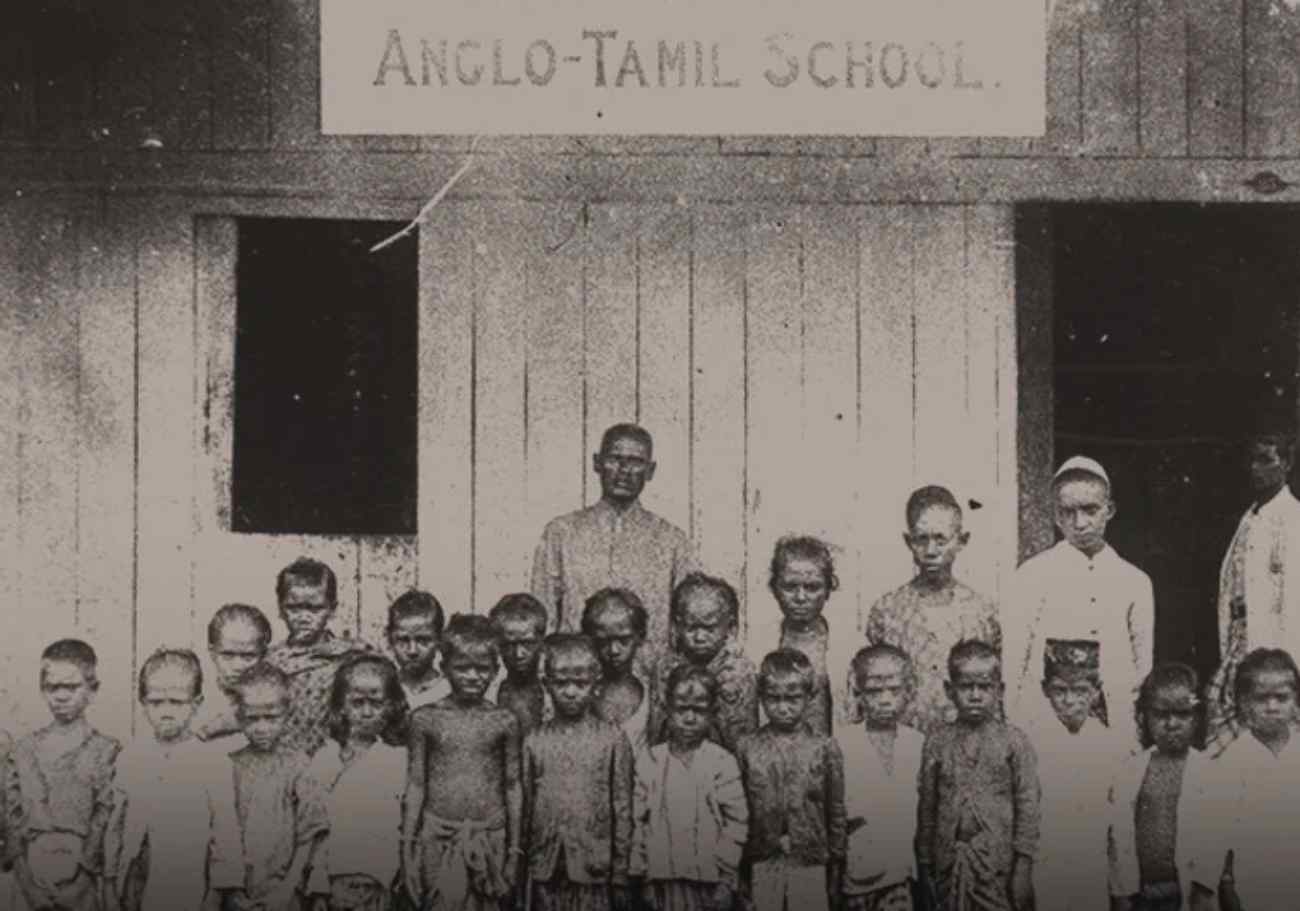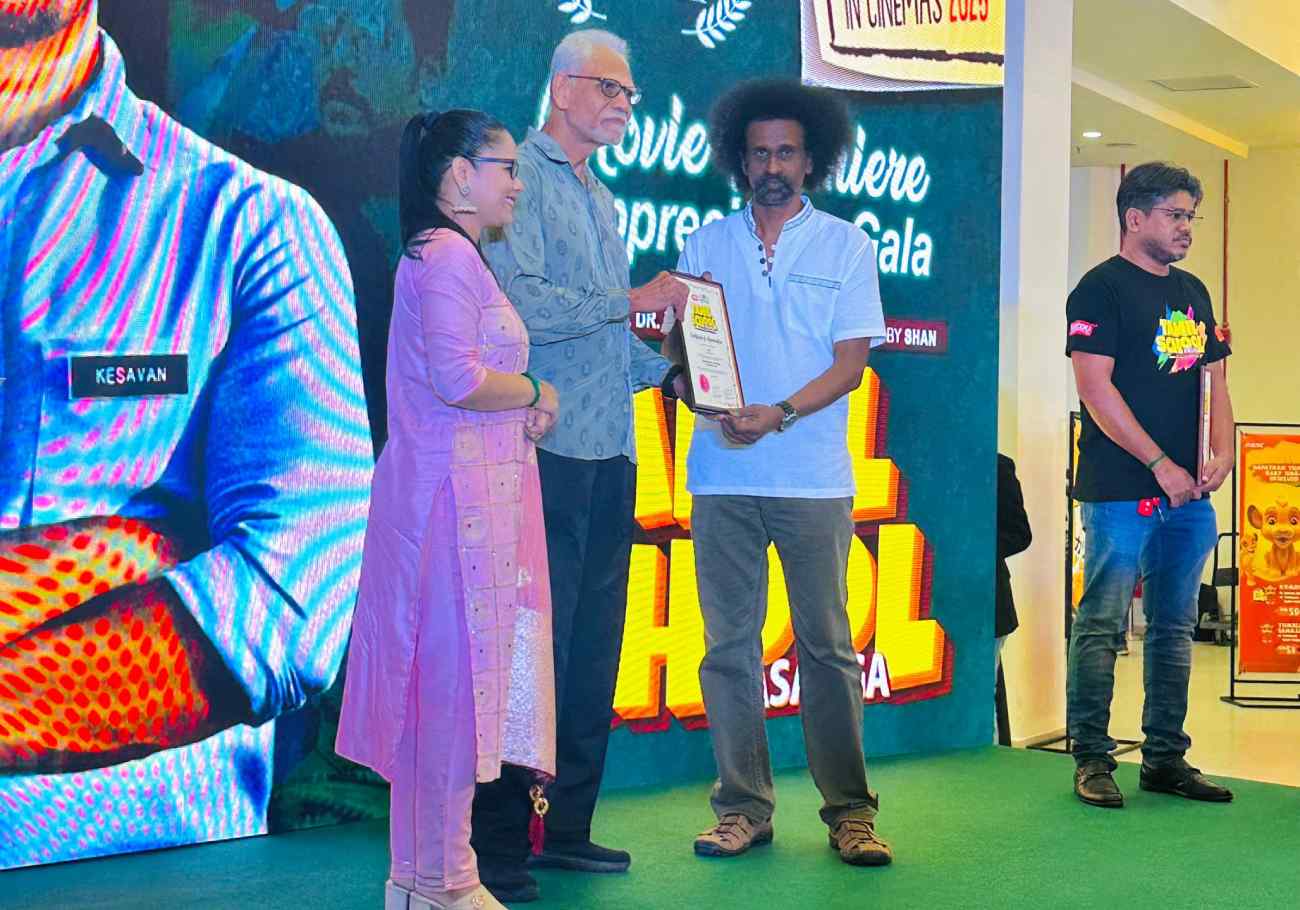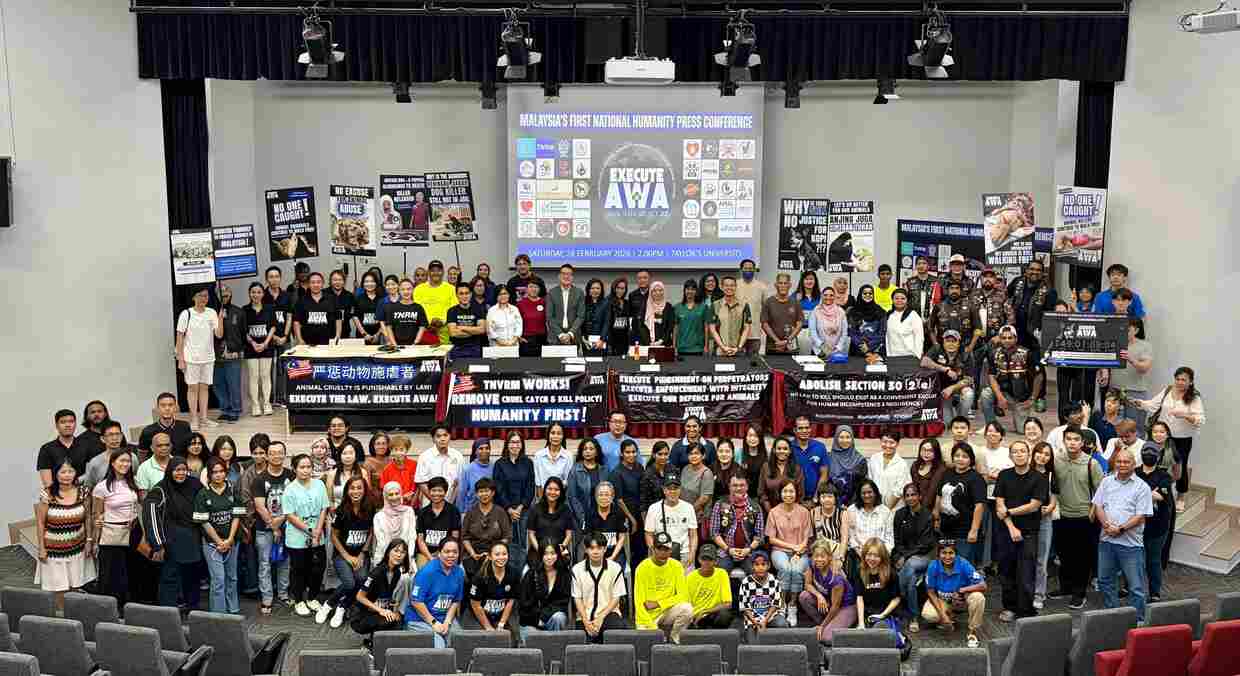
The long-awaited film Tamil School Pasanga is set to hit theatres nationwide on January 23, 2025, shining a spotlight on the struggles, triumphs, and cultural significance of Tamil schools in Malaysia.
Produced by R. Denes Kumar and Dr. Vimala Perumal under Veedu Production, the film explores the experiences of students, teachers, and communities that form the backbone of these institutions.
The movie, directed by Shan, takes inspiration from his personal journey as a Tamil school student.
Shan shared at the gala premiere on January 16 at GSC Lalaport, “I am from a Tamil school. When I was studying, I encountered and saw many things.”
Shan reflected on disparities between Tamil and Chinese schools during his childhood, such as the lack of facilities in Tamil schools, and recounted poignant moments that inspired the narrative.
Behind the scenes of Tamil School Pasanga

Real-life experiences enrich the storyline, including Shan’s recollections of walking several kilometres for dental check-ups due to a lack of facilities in Tamil schools.
“Every detail in this movie—the students asking questions to the teachers—are the questions I asked my teachers,” he explained.
One of the film’s most emotional scenes is drawn from Shan’s childhood, depicting what could have happened during a traumatic incident if help had not arrived.

Authenticity shines through the casting process, with students from the filming location auditioning and acting in the movie.
Shan admitted the challenges of working with amateur actors but noted the experience added sincerity and depth to the project.
Producer and lead actor Denes Kumar emphasised the heartfelt motivation behind the film.
“This movie may bring back memories of school days, childhood, and the teachers who gave everything for us,” he said.

Denes and Vimala have been actively supporting Tamil schools in estates by establishing libraries, painting classrooms, and improving facilities.
The stories they heard during these efforts inspired the film’s creation.
“This film is not about money—it’s about giving back to the community,” Denes added.
“As far as we know, there hasn’t been a movie related to Tamil schools. We wanted to take the initiative to create something meaningful.”
A historical reflection on Tamil education

The film comes at a significant moment, highlighting the enduring importance of Tamil schools in Malaysia.
With over 150 years of history, Tamil education has been crucial to the Indian community’s cultural and political identity.
Tamil classes were first introduced at Penang Free School in 1816 by Reverend R. Hutchings, and the demand for Tamil education grew with the rubber industry in the early 20th century.

By 1925, 235 Tamil schools served over 8,000 students, thanks to the Labour Ordinance of 1923, which required estate managers to build schools if ten or more children lived nearby.
Post-independence, the Malaysian government recognised the value of Tamil schools, ensuring their preservation alongside the promotion of multiculturalism through the 1961 Language Act.
This legacy has shaped 530 Tamil schools into vital institutions for preserving Tamil culture while supporting the aspirations of students and their communities.
Why Tamil School Pasanga film matters

With its blend of nostalgia, humour, and heartfelt storytelling, Tamil School Pasanga promises to resonate with audiences.
Denes hopes viewers will take away meaningful lessons without feeling overwhelmed. “We believe the audience will appreciate this film.
We’ve included meaningful takeaways in a subtle way,” he said.

The cast includes talented actors such as Vidia Liana, Ben-G, Kuben Mahadevan, Yasmin Nadiah, and David Anthony, alongside Denes himself.
Together, they bring this vibrant story to life, celebrating Tamil schools and their significant contributions to Malaysian society.
As the film prepares for its nationwide release, it stands as a tribute to the resilience and achievements of Tamil schools and their communities.
Tamil School Pasanga invites audiences to reflect on their own school experiences and the enduring power of education to shape lives.











